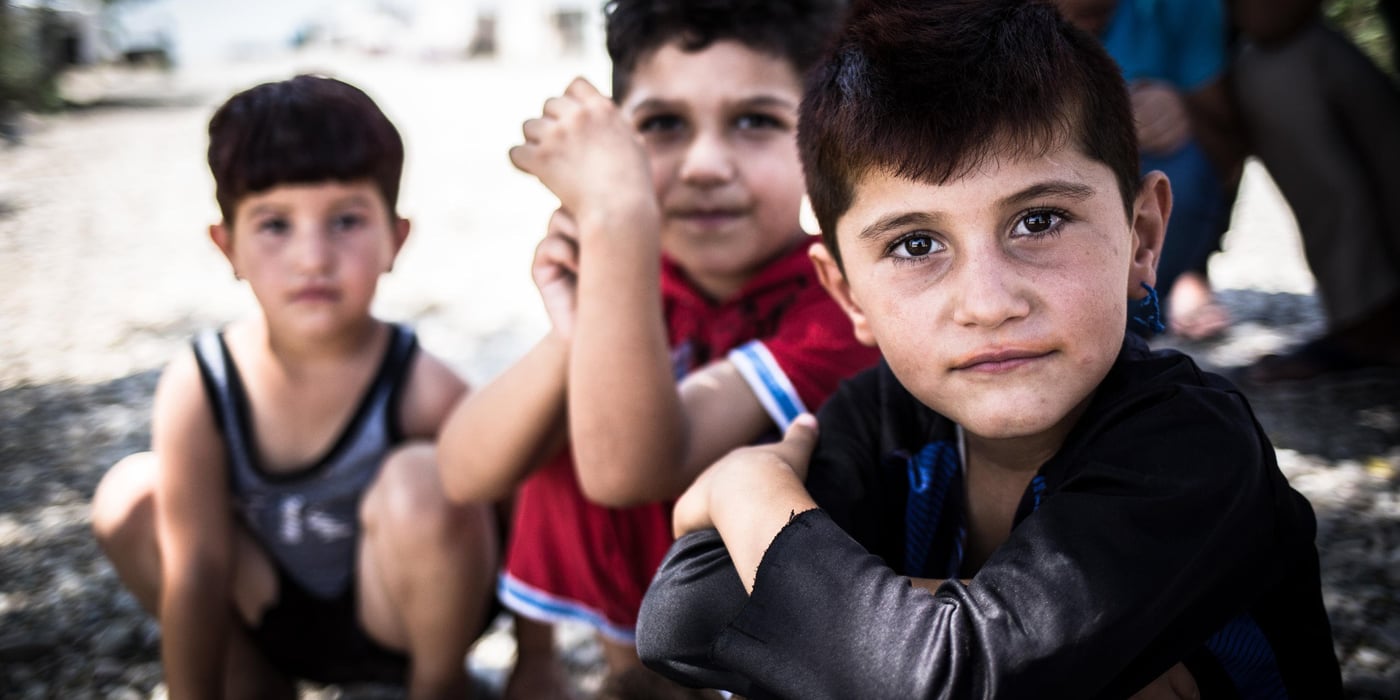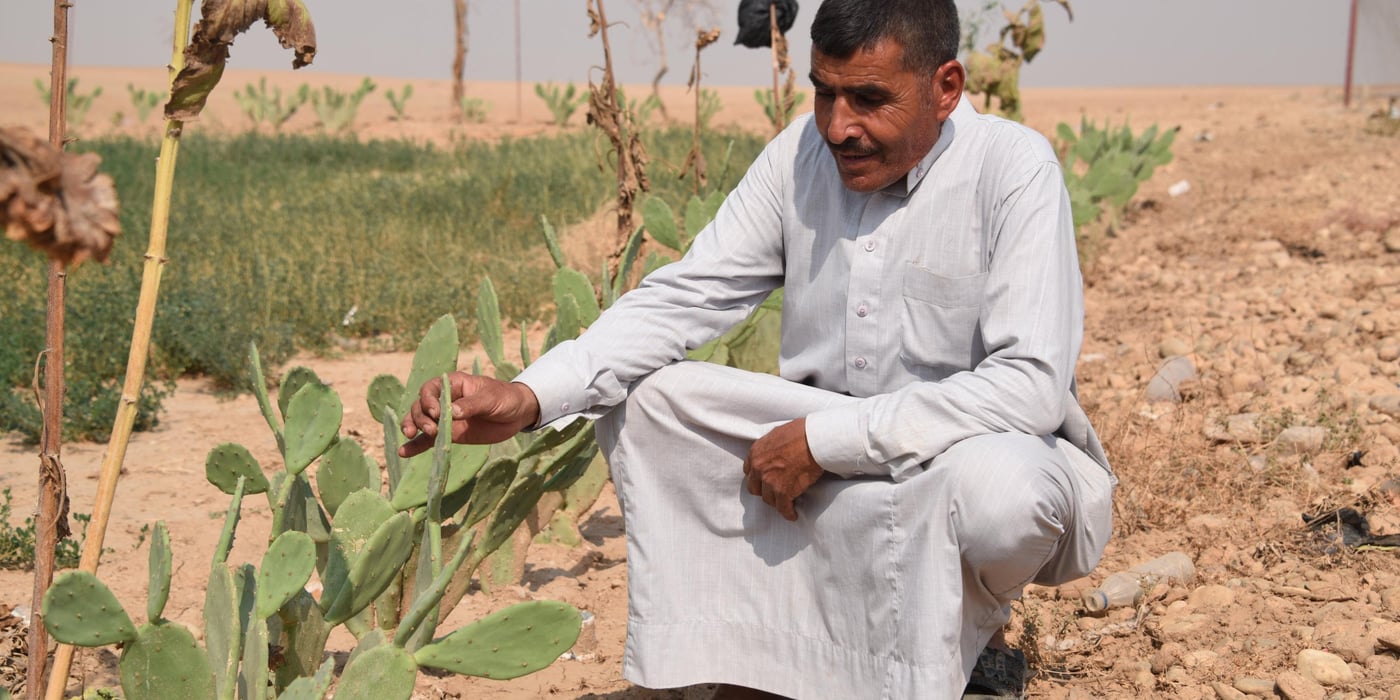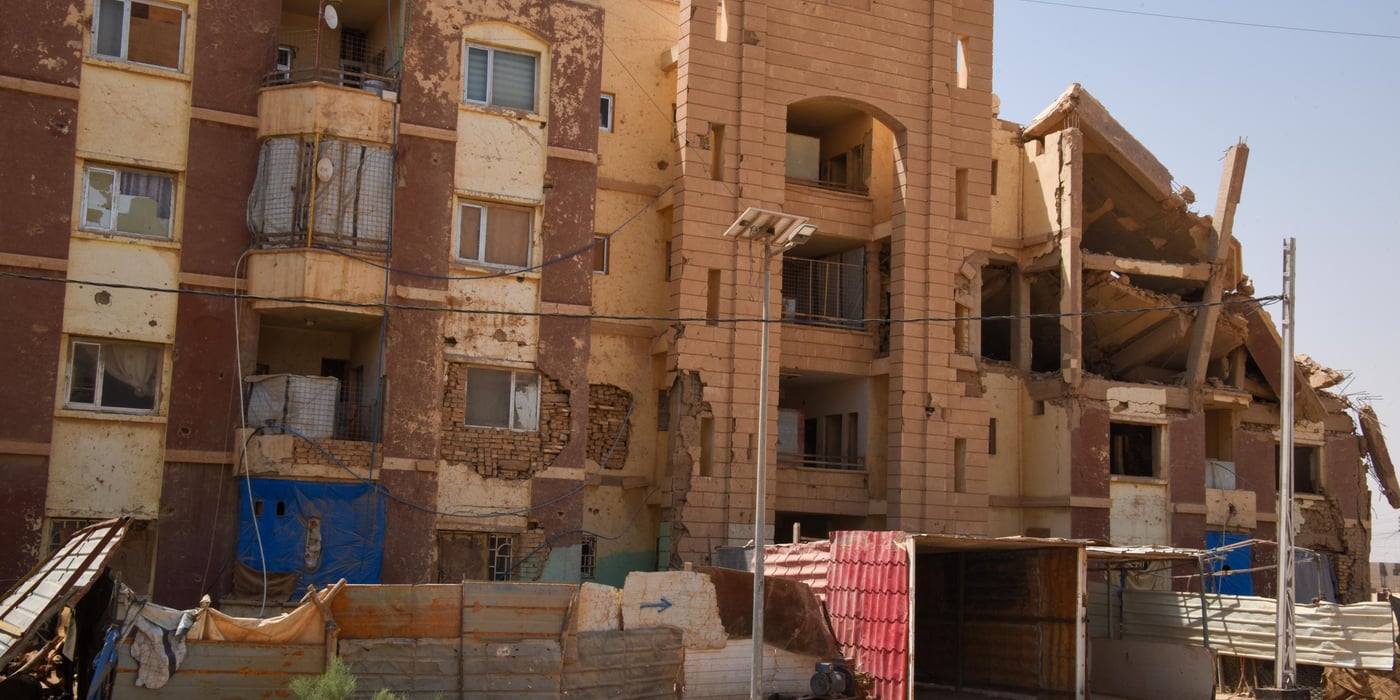
While the plight of Yazidi victims was highlighted last month through the Nobel Peace Prize awarded to Yazidi survivor Nadia Murad, the city remains largely uninhabitable. Unlike elsewhere in Iraq where reconstruction is slowly happening, in Sinjar it never even started. Meanwhile Sunni Muslim neighbours are afraid to return, fearing reprisals from community members or local security forces.
The Norwegian Refugee Council is releasing interviews with Yazidi survivors from Sinjar.
“Three years since the retaking of Sinjar from Islamic State group, this place is still a ghost town,” said NRC’s media coordinator in Iraq, Tom Peyre-Costa, who collected the interviews. “Streets are empty, you barely see anyone. Hundreds of thousands of Yazidis are still displaced across the country and cannot come back because of security issues and also because of the lack of basic services such as water and electricity. There is an urgent need to rebuild schools and hospitals otherwise this place is going to stay empty.”
NRC’s needs assessment in Sinjar found that it urgently lacks health centres, schools and security. People who fled from Sinjar also report high levels of psychological distress requiring long term psychosocial support.
NRC has spokespeople available in Iraq and in the region.
Photos and case studies can be downloaded for free use here.




